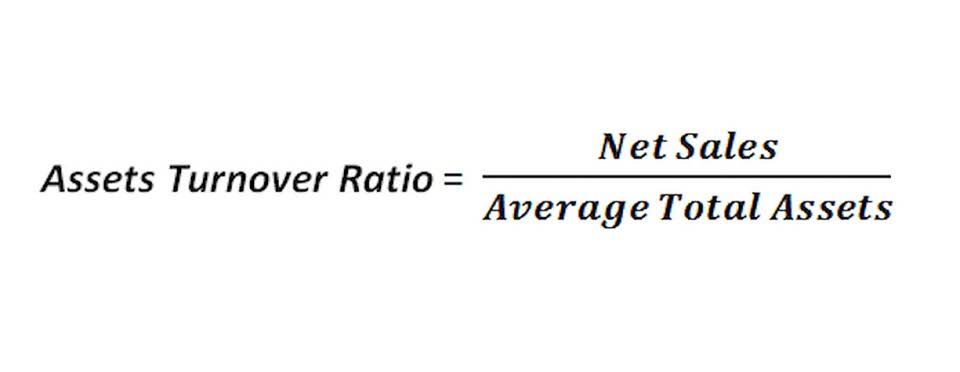What Is Regulatory Reporting? Compliance, Risks & Best Practices

This is most often due to an applicable law, regulation or contract clause https://www.bookstime.com/articles/how-to-pay-international-contractors that is compelling the control to exist. PwC refers to the US member firm or one of its subsidiaries or affiliates, and may sometimes refer to the PwC network. This content is for general information purposes only, and should not be used as a substitute for consultation with professional advisors. In Europe, new requirements like ESEF now mean that over 5,300 companies must meet an annual filing requirement that encompasses not only expanded disclosure, but the introduction of iXBRL. And although recently delayed due to the pandemic, readiness is still being hailed as the appropriate step by authorities.
- Auditors play a pivotal role in ensuring the integrity and accuracy of financial statements in dual ledger systems.
- As a manager, your expertise in regulatory and financial reporting will be the guiding force for your company’s success.
- In the United States, statutory requirements are legal obligations established by acts of legislation (laws) passed by Congress or state legislatures.
- In contrast, regulatory laws are passed by the regional government bodies that are a part of central or state government.
- • Both types of reporting require adherence to specific standards and guidelines.
- Then there are the matters of mistakes, whether that is a misapplication of a formula, misinterpretation of a rule or simply a missed deadline.
What is a Rebate? How Does it Work in Business?
Financial statements are essential reports that provide governing bodies with an idea of an organization’s financial position and overall performance. Some of the key components for these reports are balance sheets, income statements, and cash flow statements. Deferred tax assets and liabilities are another area where GAAP and statutory accounting diverge, impacting a company’s tax position. GAAP requires the recognition of deferred tax assets and liabilities based on temporary differences between book and tax bases of assets and liabilities. Statutory accounting, with its conservative approach, may not recognize these deferred tax items in the same manner, leading to discrepancies that must be reconciled for accurate tax reporting.

Performance Audit
This is statutory reporting far from the only reason to care about it, though, as statutory accounting principles also can create value in terms of forecasting, transparency and alignment across departments. Here are a few examples that explain why this type of financial reporting is important beyond the compliance angle. Auditors play a pivotal role in ensuring the integrity and accuracy of financial statements in dual ledger systems. Their expertise is essential in verifying that both GAAP and statutory accounting records are accurate and compliant with respective standards. Auditors must possess a deep understanding of the differences between these frameworks and the specific requirements of each. This knowledge allows them to identify potential discrepancies and areas of concern that may not be immediately apparent to internal accounting teams.
1. Key Differences in Terms of Content and Purpose

These requirements are designed to ensure that organizations comply with specific standards and guidelines in order to protect the public interest, promote safety, and maintain ethical practices. Regulatory requirements are typically more specific and detailed than statutory requirements, as they are tailored to address specific industries or sectors. Both statutory and non-statutory audits play pivotal roles in ensuring financial transparency, operational efficiency, and regulatory compliance. While statutory audits are legally mandated to protect stakeholders and promote accurate financial reporting, non-statutory audits https://photoflex.gr/2023/03/06/profit-and-loss-variance-how-to-compare-and/ provide valuable insights for internal improvements and risk management. Together, these audits contribute to a robust governance framework, fostering trust, accountability, and long-term business success.

Incurred Expenses

Learn more about how SolveXia can assist with your regulatory reporting needs here. Statutory Accounting Principles (SAP) are comprised of the balance sheet, the income statement, and the cash flow statement. Essential are the financial statements required to provide a comprehensive understanding of an organization’s financial condition while satisfying regulatory requirements.
- In the past, financial reporting teams did not have a clear blueprint or visibility to the steps and statuses necessary to provide validated financial data.
- However, the bank has improved its internal control to ensure that it keeps up with the requirements of the US GAAP regulations.
- This democratic process is a fundamental aspect of how a society is governed and how laws are created and enforced.
- This is because they are often crafted by experts in specific fields, who have the knowledge and expertise to create detailed regulations that align with the broader statutory framework.
